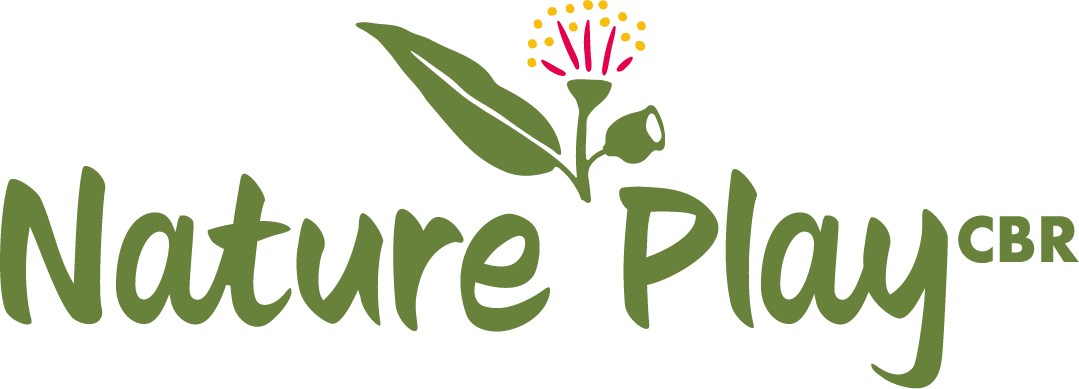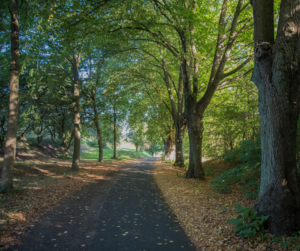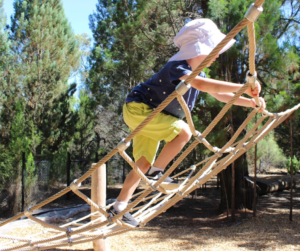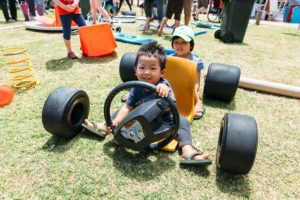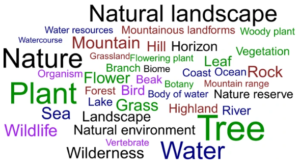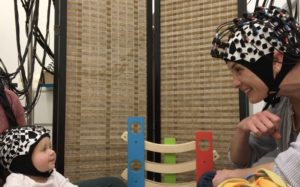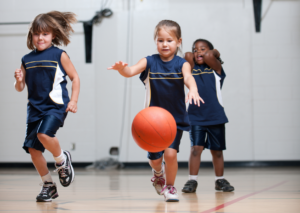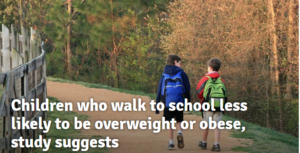Research into the importance of nature play, learning outdoors, risk-taking and children's mental and physical health and wellbeing forms the basis for the work we do.
Here you'll find the latest scientific research that shows the benefits of nature play for our children!
Use the Search function, or click on a keyword in Resource Categories to find research about a particular subject.
Physical inactivity is a major public health concern. Natural, or semi-natural, environments may encourage physical activity, but the influences of socio-economic factors have been under-researched.
Read MoreConnection to nature (CTN) can help promote environmental engagement requisite for addressing extreme environmental challenges. Current generations, however, may be less connected to nature than previous ones. Spending time in nature can counter this disconnect, particularly among children.
Read MoreHighlights • Fathers spend a large proportion of their time with their children engaging in play. • This is often in the form of physical play such as rough and tumble. • Fathers’ play frequency increases from infancy and declines as children reach school age. • Early father-infant play is linked to positive social, emotional […]
Read MoreThis report summarises emerging evidence on the effects of play restrictions in terms of a) reducing the risk of COVID-19 transmission in the population and b) the detriments to children resulting from the restrictions.
Read MoreWhen parents are under stress, household rules about screen time often get abandoned, new University of Guelph research finds. A first of its kind in Canada, the study found parents of young children reporting high levels of life or parenting stress were less likely to monitor and limit their kids’ screen use and more likely […]
Read MoreAre individual and contextual stressors associated with the use and duration of screen time and screen time combined with food in children aged 7 to 18 months?
Read MoreInfancy is the foundational period for learning from adults, and the dynamics of the social environment have long been considered central to children’s development.
Read MoreA study by the Barcelona Institute for Global Health (ISGlobal), a centre supported by “la Caixa,” has for the first time demonstrated an association between regular physical activity during childhood and higher lung-function values in adolescent girls.
Read MoreAbstract: Background Body Mass Index (BMI) is a common outcome when assessing associations between childhood overweight and obesity and physical activity patterns. However, the fat and fat-free components of BMI, measured by the Fat Mass Index (FMI) and Fat-Free Mass Index (FFMI), may show contrasting associations with physical activity, while ethnic groups may vary in both […]
Read More